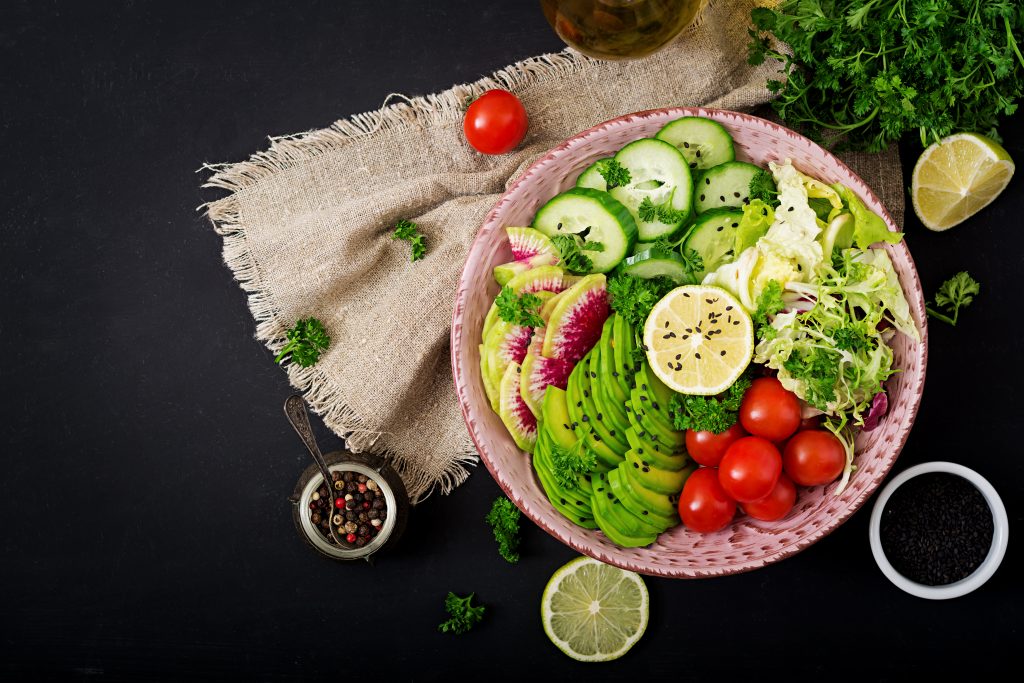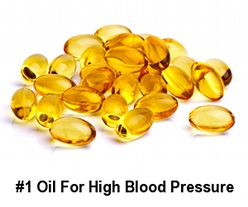Salads are a bit like a stock portfolio. You know you NEED to be active in the stock market to see any real financial return, but WHICH stocks are the absolute best for your retirement fund?
Certainly, all vegetables benefit you, but there are a handful that are downright necessary for optimum health. Do you know what they are?
While tomatoes, lettuce and cucumbers get all of the salad glory, they’re not necessarily needed. If you want to ensure each bite of salad is LOADED with essential nutrients, then start slicing and dicing up more kale, cabbage, broccoli, cauliflower and brussels sprouts.
Sure, these five veggies look different, but they are all a part of the Cruciferace family. Cruciferous vegetables are often called super-veggies for their health benefits and ability to fight some cancers. This is because these veggies contain a phytonutrient called glucosinolates, sulfur-containing chemicals that are responsible for the pungent aroma and bitter flavor of cruciferous vegetables.
When our bodies process these nutrients, biologically-active compounds such as indoles, nitriles, thiocyanates, and isothiocyanates are formed, substances that have been found to inhibit the development of cancer in several organs in rats and mice, including the bladder, breast, colon, liver, lung, and stomach.
Besides these powerful phytonutrients, these five veggies contain high amounts of:
Vitamins
As if cruciferous veggies didn’t have enough bragging rights, they can boast about the amount of vitamins they contain. Kale, broccoli, brussels sprouts, cabbage and cauliflower are loaded with vitamins C, K, A as well as the B-vitamin group, including folic acid, which is incredibly important.
According to the University of Maryland Medical Center, vitamin A is incredibly important for the health of your hair, skin and nails, and also for our eyesight. Vitamin A is also necessary for pregnant and breastfeeding mothers (as is that critical B-vitamin folic acid). And you know how important Vitamin C is for supporting the immune system, while vitamin K is necessary for blood clotting function.
Calcium
By now you know how important calcium is for the health of your teeth and bones, but what you may NOT know is that you can get more than adequate supplies of calcium from cruciferous veggies. Good news for those who are lactose intolerant or want to stay away from dairy due to an allergy or its high fat content. In fact, the calcium found in these vegetables may be preferable to dairy because it is A) absorbed much better by the body and B) paired with vitamin K, which is important for calcium absorption.
Fiber
Like all fruits and veggies, these five cruciferous vegetables contain high amounts of fiber, which is important for good health. As fiber moves through our digestive tract, it clears our intestines and promotes regular bowel movements, increasing nutrient absorption. If you want to stay healthy AND lose weight at the same time, you need adequate fiber intake.
How to Prepare Cruciferous Vegetables
When it comes to broccoli, kale, cauliflower, brussels sprouts and cabbage, the rawer you eat them, the better. That’s because when you cook vegetables, let alone overcook them as so many people do, you cook all of the incredible nutrients we just listed right out of them. There are also many active enzymes in veggies that are killed during the cooking process.
So, go raw and chop everything up into little bite-size pieces. Or, make a veggie platter with broccoli and cauliflower florets that can be dipped in your favorite salad dressing. And don’t forget, with summer around the corner you can make some delicious coleslaw with that cabbage.
What about kale? Kale is so incredibly versatile and easy. You can chop it up for salads, juice it, or add it to your fruit smoothies for an extra nutritious kick.
Admittedly, brussels sprouts are a bit difficult to eat raw because of their hard textures. If you have a mandolin slicer, you can shave the brussels sprouts. You’ve probably seen these in the premade salads you can get at the store. Another option is for you to toss them into your food processor and grind them up until they become a grain-like texture that you can sprinkle over your salad.
If eating raw veggies just isn’t your thing, you can lightly steam or sauté them. But really try not to cook them on too high a heat or for too long.
 Validating...
Validating... 







6 Comments